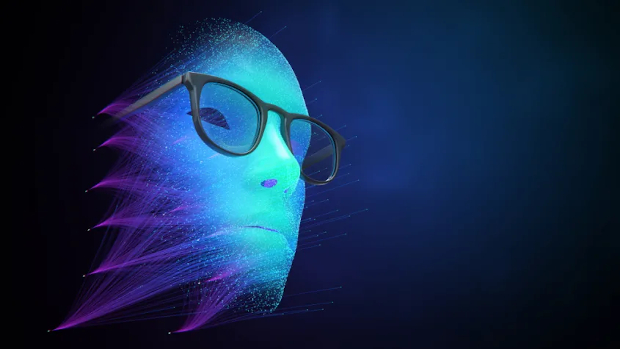
YouTube introduces policy to remove AI-generated content
YouTube has quietly rolled out a policy change addressing deepfakes where individuals’ likenesses and voices are used and manipulated without permission. As with any claim, however, there is no guarantee that a complaint will be successful.
Under the new policy, if AI has been used to alter or create synthetic content that looks or sounds like an individual, they can ask for it to be removed. In order to qualify for removal, the content should depict a realistic altered or synthetic version of your likeness. If something is not meant to be convincing – say an animated parody – then it’s unlikely to qualify.
According to YouTube the following criteria will be used in evaluating a complaint:
- Whether the content is altered or synthetic
- Whether the content is disclosed to viewers as altered or synthetic
- Whether the person can be uniquely identified
- Whether the content is realistic
- Whether the content contains parody, satire or other public interest value
- Whether the content features a public figure or well-known individual engaging in a sensitive behaviour such as criminal activity, violence, or endorsing a product or political candidate
If something is considered parody or satire, or serves a public interest, YouTube will not intervene.
YouTube says it will also give the uploader 48 hours to respond to the complaint. If the content is removed before that time has passed, the complaint will be closed.
Users cannot simply make the video private to comply with the removal request, as the video can then be reverted at any time.
YouTube is not against the use of AI, having already experimented with generative AI itself. Maybe this is something the EU might take an interest in, having already taken Big Tech to task over privacy.







Subscribers 0
Fans 0
Followers 0
Followers